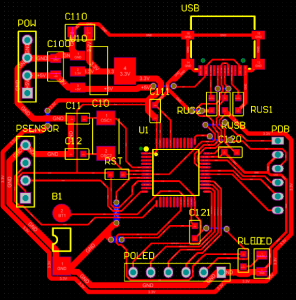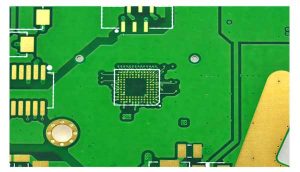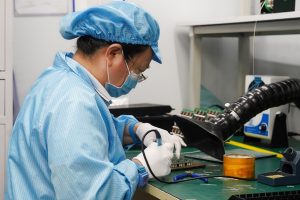The cost of soldering wire can vary significantly based on the material, size, and brand. For small-scale DIY projects, a 100-gram spool of soldering wire typically costs between $5 and $20. For larger or industrial projects, where more solder is required, the cost can rise substantially. A 500-gram spool might range from $30 to $80, depending on the brand and material composition.
Lead-free solder, which complies with environmental standards like RoHS, is usually more expensive than traditional lead-based solder. In some cases, specialty solder wires used in aerospace or medical applications can exceed $200 per spool due to the higher purity and precision required.
If youâre sourcing solder wire for a commercial project, bulk purchasing can reduce the per-unit cost. However, itâs essential to balance cost with quality. Cheaper solder wires may contain impurities, leading to weaker joints and potential failures.
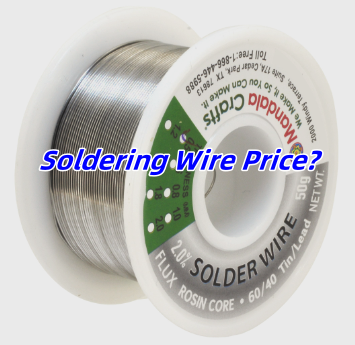
Why Is Soldering Wire So Expensive?
With the rapid development of the network, electronics play an important role in it. In electronic equipment, the printed circuit board is indispensable, and whether a device can operate normally depends on whether the function of the circuit board is normal. But in the PCB board, the welding wire is more critical. Because it forms a strong conductive connection between the component and the circuit board. Welding wire may seem like a simple product, but why is the soldering wire so expensive? Here are several reasons:
1. Material Composition
The primary reason for the high cost is the materials used. Traditional solder wire material is made from a combination of tin (Sn) and lead (Pb). Tin is relatively expensive due to its demand in various industries, including electronics and packaging. Lead, while cheaper, is subject to strict regulations due to its toxicity, which increases manufacturing costs.
Lead-free solder wires, often made from a combination of tin, silver (Ag), and copper (Cu), are even more expensive. Silver, in particular, is a costly metal, and its inclusion drives up the price.
2. Manufacturing Standards
Manufacturers of soldering wire must adhere to stringent quality control standards. During the manufacturing, a good quality solder wire must has consistent thickness, proper flux distribution, and minimal impurities. Lead-free solder requires additional processing to meet environmental regulations like RoHS (Restriction of Hazardous Substances), which further adds to the cost.
3. Flux Core
Most soldering wires come with a flux core, which helps clean the metal surfaces during soldering. High-quality flux gives a better adhesion and reduces the risk of cold solder joints. The type and quality of flux used can also impact the overall price of the solder wire.
Which Wire Is Good for Soldering?
Nowadays, there are so many types of soldering wire in the PCB manufacturing, so which one is the best for soldering process? Letâs introduce them for you:
1. 60/40 Solder Wire
This is one of the most common types, containing 60% tin and 40% lead. It is widely used in electronics because it:
- Melts at a relatively low temperature (around 188°C).
- Flows smoothly, making it easy to work with.
- Solidifies quickly, reducing the chances of cold joints.
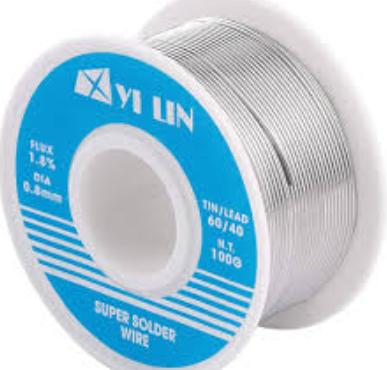
2. Lead-Free Solder Wire
Lead-free solder is increasingly popular due to environmental concerns. Common compositions include SAC305 (96.5% tin, 3% silver, 0.5% copper). It is ideal for:
- Projects that must comply with RoHS regulations.
- Applications where lead exposure must be minimized, such as medical or consumer electronics.
While lead-free solder is more expensive and has a higher melting point, it offers better long-term reliability in certain applications.
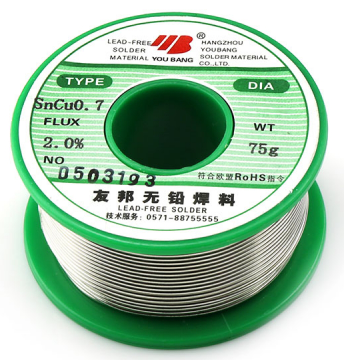
3. Rosin-Core Solder Wire
Rosin-core solder contains flux within the wire, which simplifies the soldering process. It is suitable for:
- Beginners who want an easy-to-use option.
- Projects that require clean and reliable connections.
Rosin-core solder is available in both leaded and lead-free versions.
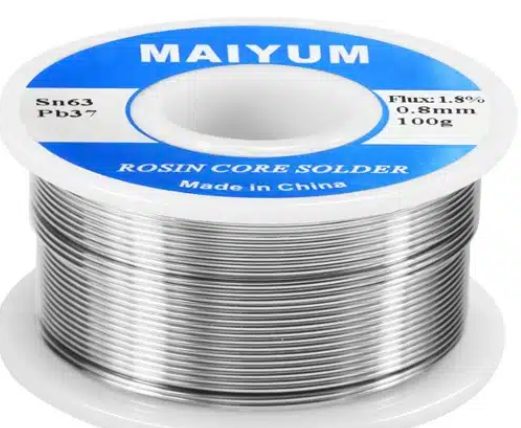
What Is the Difference Between 40/60 and 60/40 Solder Wire?
The difference between 40/60 and 60/40 solder wire lies in the tin-to-lead ratio, which affects their properties:
60/40 Solder Wire
- Composition: 60% tin, 40% lead.
- Melting Point: Lower melting point (~370°F or 188°C).
Advantages:
- Melts quickly and solidifies fast, making it ideal for electronics.
- Provides strong and reliable joints.
40/60 Solder Wire
- Composition: 40% tin, 60% lead.
- Melting Point: Slightly higher than 60/40 (~460°F or 238°C).
Advantages:
- Tends to be less expensive due to the lower tin content.
- Suitable for less critical applications where joint strength is not a primary concern.
For most electronic applications, 60/40 solder wire is preferred due to its ease of use and better performance.
What Is the Price of Solder Wire 60/40?
What is the price of solder wire 60/40? The price of 60/40 solder wire depends on the brand, purity, and quantity. Hereâs a general breakdown:
- 100-gram spool: Around $10 to $15.
- 500-gram spool: Between $30 and $50.
- kilogram spool: Ranges from $60 to $100.
High-end brands may charge a premium, but they often offer better consistency, which is crucial for delicate electronics work.
What Is the Number 1 Rule of Soldering?
The number one rule in soldering is to keep everything clean. Cleanliness is critical for achieving strong and reliable solder joints. Oxidation, dirt, or residue can prevent proper adhesion, leading to weak connections or electrical failures.
To ensure clean surfaces, you can follow these principles:
- Clean the components with isopropyl alcohol before soldering.
- Use flux to remove oxidation and improve solder flow.
- Keep the soldering iron tip clean by wiping it on a damp sponge regularly.
Another essential rule is to use the right amount of heat. Too much heat can damage components, while too little can result in cold joints. Practice finding the right balance for each project.
Can Any Wire Be Used as Solder?
Can any wire be used as solder? No, not all wires can be used as solder. Soldering wire is specifically designed with:
- Low melting points to prevent damage to components.
- Flux cores to clean and improve adhesion during soldering.
Using regular wires like copper or aluminum would require much higher temperatures and wonât provide reliable connections. Additionally, they lack the necessary flux to remove oxidation, which can lead to weak joints.
What Can I Use Instead of Soldering Wire?
If you donât have soldering wire on hand, a few alternatives might work, but they come with limitations:
1. Conductive Adhesive
These adhesives contain conductive particles, such as silver, and can create electrical connections. While they donât offer the same strength as solder, they are useful for temporary fixes.
2. Wire Wrapping
This technique involves wrapping thin wires tightly around terminals. Itâs a mechanical connection rather than a soldered one, making it less reliable for high-current applications.
3. Crimp Connectors
Crimping involves compressing a connector onto a wire to create a secure connection. It is commonly used in automotive and industrial applications but may not be suitable for all electronics.
However, while these methods can work in specific situations, soldering remains the most reliable way to create strong and durable connections.
Trust a Reliable PCBA Manufacturer â Best Technology
When it comes to PCB assembly and soldering, working with a reliable manufacturer like Best Technology is essential. At Best Technology, we offer:
- High-quality soldering materials for dependable connections.
- PCB design and assembly experienced professionals with more than 20 years in this industry
- One-stop solutions to meet your projectâs unique requirements.
- Competitive price and fast delivery
- Online product status update
- ISO13485, ISO9001, IATF16949 certificated
Contact Best Technology today to learn more about our services and how we can help with your next project!



